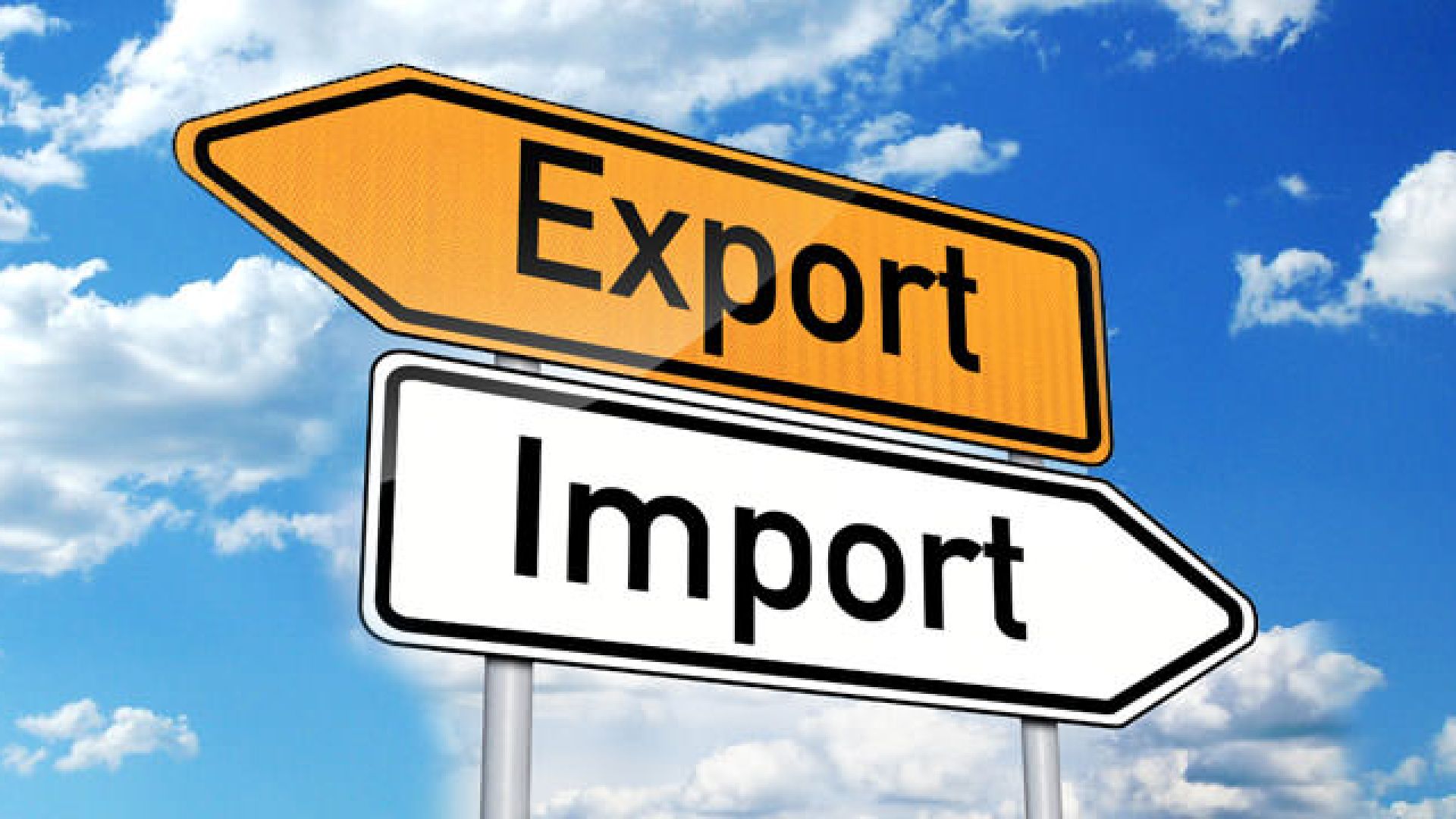These agriculture inputs are exempt from Trump’s tariffs

Some agriculture inputs will be exempt from the 10% across-the-board and higher reciprocal tariffs announced by U.S. President Donald Trump on April 2, according to a 37-page document from the White House.
On April 2, Trump signed an executive order declaring that foreign trade and economic practices have created a national economic emergency and imposed a 10% tariff on all countries, which were originally to take effect on April 5. Reciprocal higher tariffs on countries with which the U.S. has the highest trade deficits were scheduled to take effect on April 9.
According to the document from the White House the following items are exempt from tariffs: fatty acids of animal or vegetable origin; lysine; glutamic acid; choline; certain herbicides, pesticides, insecticides and fungicides; ethoxyquin; vitamins A, B1, B2, B5, B6, B12, C and E and their derivatives; antibiotics; vaccines for veterinary medicine; certain fertilizers.
Last week, American agriculture industry groups warned that new across-the-board and reciprocal tariffs will negatively affect U.S. agricultural producers.
In a letter sent to members of the administration ahead of the April 2 announcement, agribusiness groups emphasized the need “for a trade policy that supports the growth of American agricultural production and the prosperity of our farmers, ranchers, growers and rural Americans at this time of economic stress in agriculture.”
While the groups said they support the administration’s goal of achieving a fairer trade balance, additional tariffs on imports “run the risk of significant retaliatory measures against U.S. agricultural exports” and that the impacts of these measures on U.S. agribusiness “are critical when determining potential trade actions.”
On its website, the White House said non-tariff barriers – meant to limit the quantity of imports/exports and protect domestic industries – deprive U.S. manufacturers of reciprocal access to markets around the world.